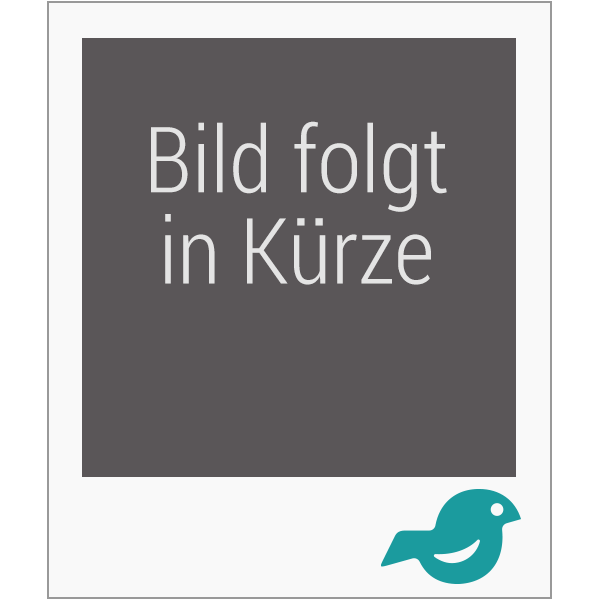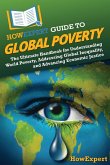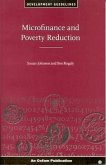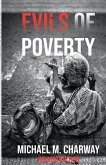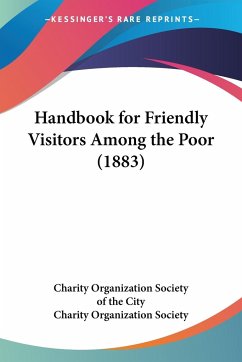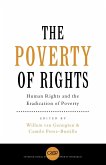How can a country industrialise without causing environmental damage? How do development professionals ensure they act in the interests of recipients, rather than their own donor country? And how is the humanitarian project of development complicated by ideological objectives? The fourth edition of this renowned textbook covers the most urgent issues facing the field of development. With the return of Russia as a global actor, renewed conflict in the Middle East, and global inequality exacerbated by climate change and global health crises, the questions underpinning international development are increasingly fraught. For most of its history, international development was shaped by Cold War competition; at the turn of the twenty-first century, the paradigm shifted as China assumed a greater role, and post-9/11 US development initiatives were intended to reduce militancy in the Middle East. As these tensions return to the world stage, it is ever more important for students to ask what development is - or should be - and what it can achieve. With increased attention to gender and postcolonial perspectives and strong coverage of security, economics and global order, this book is essential reading for students of international development.
Bitte wählen Sie Ihr Anliegen aus.
Rechnungen
Retourenschein anfordern
Bestellstatus
Storno

